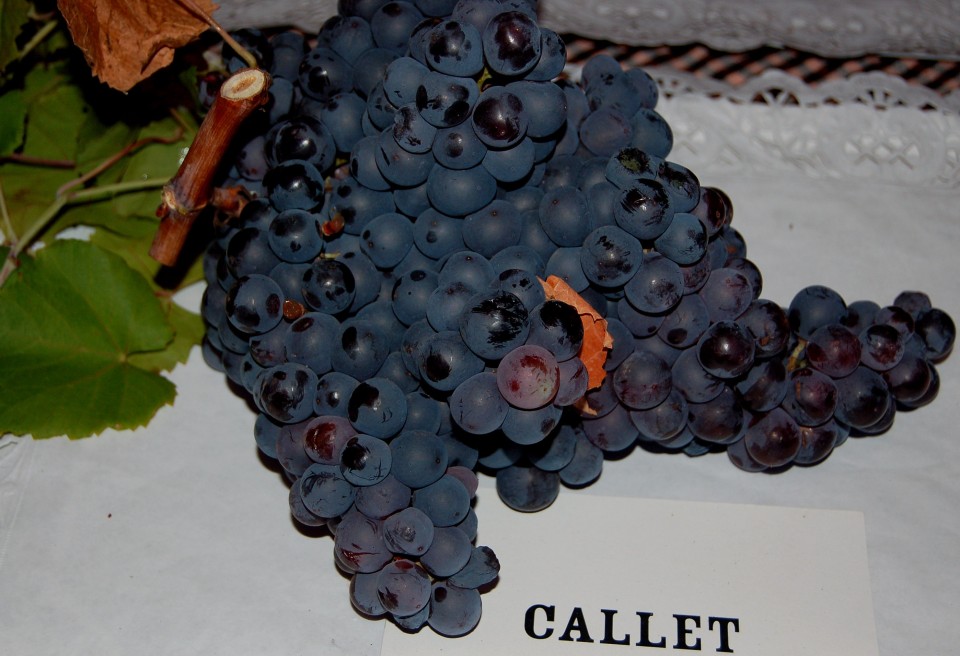Tonight, as we say goodbye to 2013 and welcome in the New Year, we’ll be taking part in a Spanish tradition that’s more than a century old. All over Mallorca, the Spanish mainland and other islands, Latin America and Hispanic communities around the world, as midnight is striking, we’ll be gulping down one grape for each of the dozen chimes. These are the lucky grapes – las uvas de la suerte – and by methodically swallowing these twelve grapes we are supposedly ensuring that the New Year will be a prosperous one.
It certainly will be for the companies that package small seedless grapes each year specifically for this tradition, for these carefully selected and conveniently portioned dozen grapes come at a higher price than the bunches of local fruit we buy on the market. As New Year’s Eve approaches, shops, supermarket and even some market stalls offer these fit-for-purpose grapes packed in plastic containers, inside a disposable cava glass or a small tin with ring-pull for easy access. Tomorrow morning, the pavements of squares like Plaza Cort in Palma and the famous Puerta del Sol in Madrid will be littered with discarded containers. Hopefully someone will recycle all this waste plastic . . .
Small grapes are no choke
For our first New Year’s Eve here, we bought a bunch of grapes (after counting to ensure it contained at least 24 grapes) – not then appreciating why people pay extra for small seedless ones in a fancy package. But as we spluttered our way from 2004 into 2005, we realised that size matters when it comes to this tradition. It’s not as easy as you’d think to swallow one grape with each chime of the clock – and it’s certainly not advisable to try and get ahead of yourself so that you have some gulping leeway as the final chimes loom.
©Jan Edwards 2013

